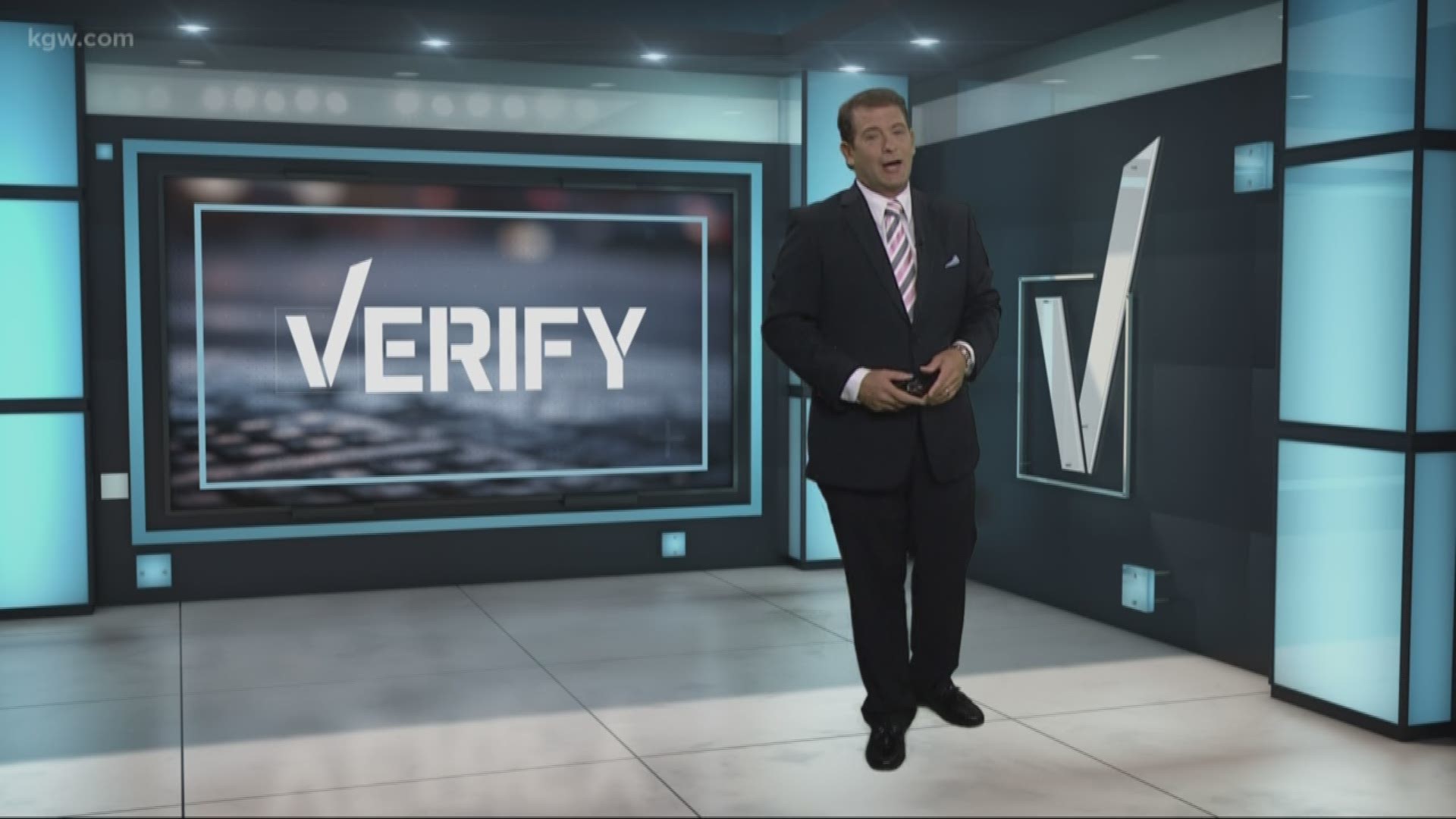PORTLAND, Ore. — Oregon's court of appeals ruled last week a commonly-used citation for public urination doesn't actually cover urination.
Local law enforcement officers, including Portland police, have long used "offensive littering" to cite people caught urinating in public.
One of those people was Ryan Charles Corcilius, a California man going on a cross-country road trip who wasn't able to hold it in much longer when he made a pit stop in Portland. Court documents say Corcilius attempted to use a gas station restroom, but was told it wasn't open to the public. He then tried to use a Subway restaurant restroom, but was told he'd need to buy something first by standing in a long line.
Discouraged and panicked, Corcilius "found a spot he believed was secluded and urinated on the side of a building." A security officer nearby spotted Corcilius, and then called a police officer who eventually cited Corcilius for "offensive littering."
Corcilius was convicted of the class-C misdemeanor, but appealed that decision.
Eventually, the state's court of appeals issued a decision that "offensive littering," which cites "discarding or depositing rubbish, trash, garbage, debris or other refuse" doesn't include urine or the act of urinating.
"One discharges urine rather than discarding it," the court wrote.
KGW can verify: there is no state law against peeing in public.
So does this mean you can just head outside and relieve yourself on Oregon's streets without fear of legal action?
Not so fast!
Most municipalities or cities have laws against public urination. Portland, for example, outlaws public urination in parks and pedestrian plazas. Gresham imposes a fine of up to $1,000 if you're caught peeing in a public place. In Beaverton, you're not allowed to defecate or urinate on city property, except in a bathroom.
Sgt. Chris Burley with the Portland Police Bureau said police officers will still respond to calls for public urination, but will work with the individual who committed the act to determine whether it was intentional or whether that individual needs help accessing resources and a restroom.
"If it’s determined by the victim or the property owner that it affected their ability to do business, it’s limited their ability to enjoy their property, then an officer might be looking at the possibility of charging or arresting the person that’s participating in this crime with criminal mischief," Burley explained.
Tung Yin, a law professor at Lewis and Clark University, said this case highlights the importance of having a good defense lawyer, especially if wording of a law or code is confusing.
"If the law is unclear where we’re not really sure, we shouldn't really leave it to prosecutors to be able to say, 'Well this is what I think it means,' because after the fact, you can always go back and say, 'You shouldn't have done what I think you shouldn't have done.'"

